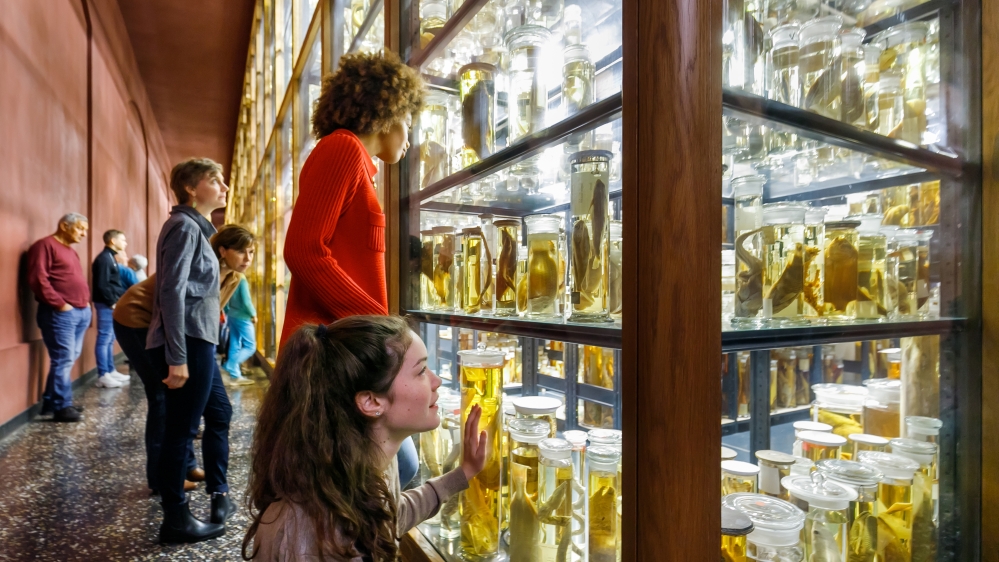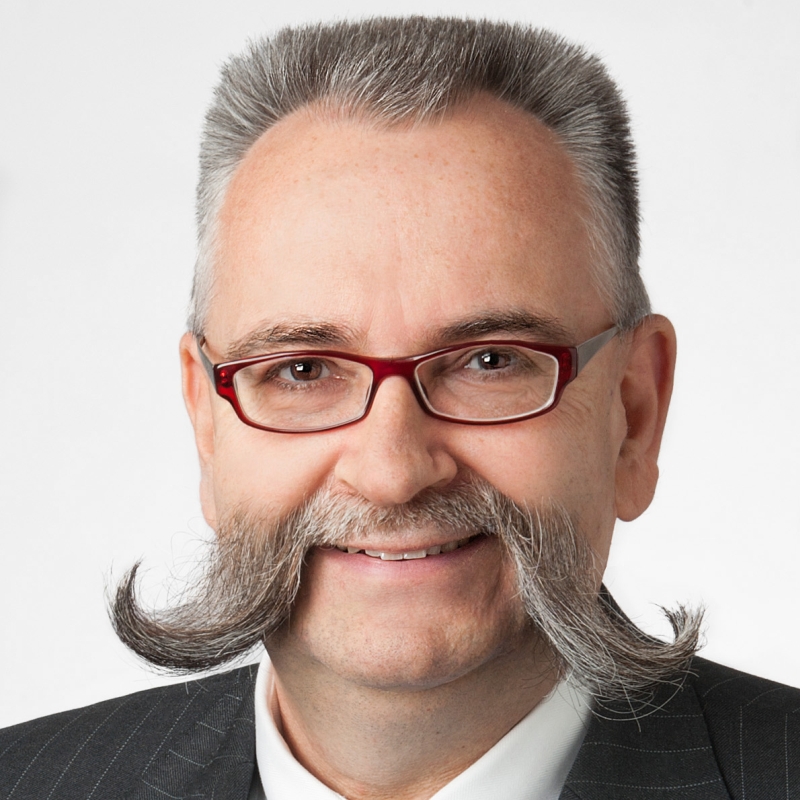The future of the Natural History Museum Berlin - Interview with the General Director Prof. Johannes Vogel

660 million euros in 10 years: The Natural History Museum Berlin - Museum für Naturkunde Berlin receives financial support for the further development of research in the field of natural and life science in Berlin.
In the interview with General Director Prof. Johannes Vogel we focus on the future of the prestigious museum in the heart of the city.
Together with the state of Berlin, the Bundestag has approved a financial donation of 660 million euros. This will enable the Musuem für Naturkunde Berlin, Leibniz Institute for Evolutionary and Biodiversity Research, to develop a research and communication forum for the natural and life sciences over the next 10 years. We talked about this with Prof. Vogel.
Brain City Berlin: Prof. Vogel, many people know the Museum für Naturkunde Berlin as a dinosaur museum. What is there to discover during a visit (even behind the scenes)?
Prof. Johannes Vogel: Here we have an immense archive of nature and human knowledge: 30 million objects that can be viewed from a wide variety of perspectives - be it biological, socio-political, economic or cultural-historical. Outstanding examples are the famous primeval bird Archaeopteryx lithographica, hundreds of objects collected by Alexander von Humboldt, but also the mineral stage at which the element uranium was discovered.

Brain City Berlin: The museum is an integral part of Berlin's scientific landscape. Which scientific cooperations does the Natural History Museum Berlin support exactly?
Prof. Johannes Vogel: We maintain scientific relations in over 40 countries and have guest scientists from over 30 countries with us. This is good for the international visibility of Berlin as a city of science. We research together, we educate, we let ourselves be inspired and together we explore the earth and life in dialogue with people - for nature.
Brain City Berlin: The investments of the Bundestag and the State of Berlin in the Museum für Naturkunde Berlin are a great contribution to the promotion of research in the natural and life sciences. Can you give us a brief summary of how the museum will develop in the coming years thanks to the financial support it receives?
Prof. Johannes Vogel: Thanks go to the generous courage of the Bundestag and the Berlin House of Representatives. We are grateful and aware of the great challenge. Two thirds of the investments will be used to renovate the building. In recent years we have renovated 10% of the building and been able to accommodate the wet collections optimally. Now we have the opportunity to update the other 90% of the collection and make it digitally accessible. Another large part of the funds will be used for this purpose. We are one of the most important places for nature: we have 180,000 types of currently known organisms in our museum, that is 10% of all species described - worldwide! Almost all the species described are housed in five large natural science museums around the world - so these knowledge repositories must be preserved for posterity. Berlin is the place where politics, science, business and society come together and negotiate how we will deal with this unique planet in the future. We can do this because people love us, come to us and are willing to enter into dialogue with us about it.
Brain City Berlin: The further development of the Museum für Naturkunde is interesting both on a national and international level and makes Berlin even more attractive for researchers worldwide. Do you expect further cooperation, also on an international level?
Prof. Johannes Vogel: Some of the funds will be used to create an open research museum. We want to digitize the collection and open up the processes of communication and participation. We need to talk to the industry and society about what interests they have in a research museum and what needs they have. We can set priorities on how we conduct science and make collection objects public. We may be able to digitize all objects and put them into databases, but we will not be able to provide DNA analysis or CT scans of all objects. We will be able to do priorities with the money and if we network with the industry and society we will create the basis for socially relevant research.
Brain City Berlin: Can you tell us what you personally want for the future of the Museum für Naturkunde Berlin?
Prof. Johannes Vogel: We do not yet know how more than 29 million of our objects will change the world. I hope for the future that this will be researched in the next 200 years under optimal conditions and that this knowledge will be made accessible worldwide. We have only one Earth and I hope that together we will be able to develop scientific and social solutions to keep life on Earth worth living.